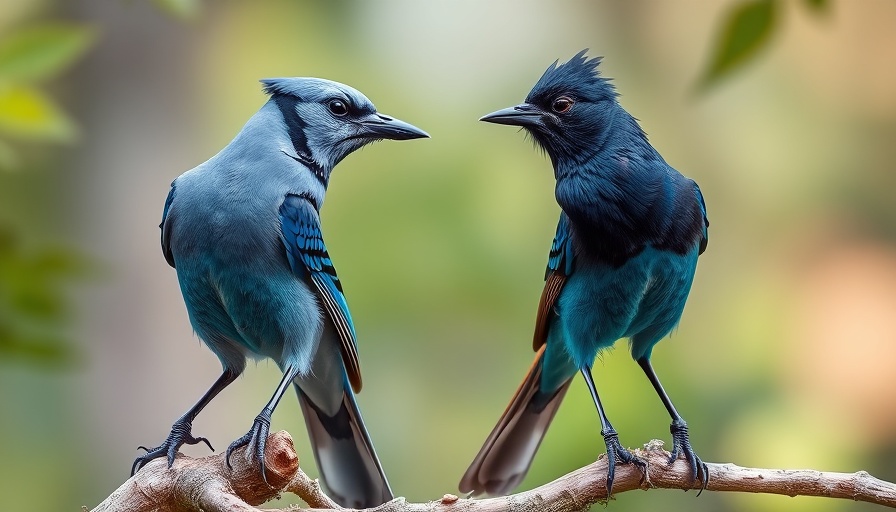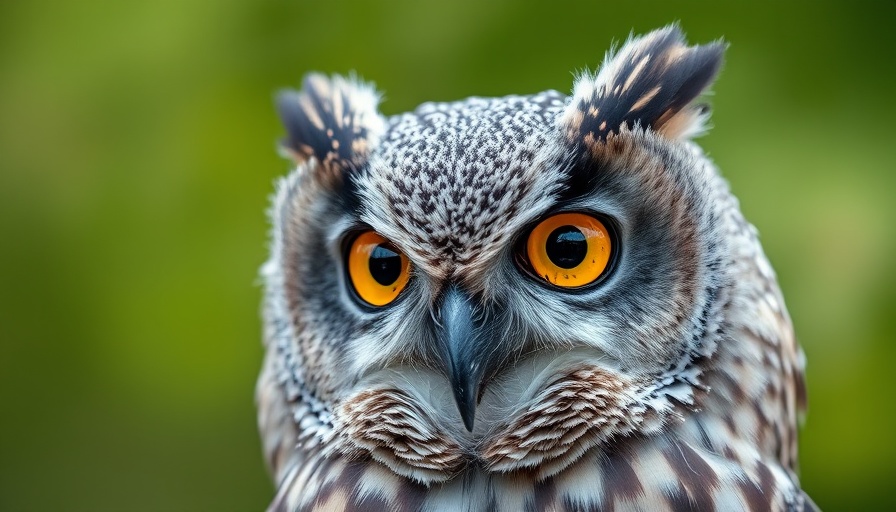
Unveiling the Mystery: Why Are Blackbirds Black?
From their vibrant personalities to their social behaviors, blackbirds represent a fascinating study of avian adaptation. While nature dazzles us with birds of every hue, the question remains: why are blackbirds black?
Nature's Strategy: Black as a Form of Camouflage
In the world of evolutionary biology, color can play an essential role in an animal's survival. Black serves as a striking color against the backdrop of natural environments, making it both conspicuous and protective. Blackbirds, such as the Red-winged Blackbirds and Brewer’s Blackbirds, often congregate in flocks, a behavior that not only provides social interaction but also enhances their safety. When a predator approaches, their dark plumage facilitates quick recognition of fellow flock members, allowing them to merge into a dense collective, potentially confusing the predator and reducing the chances of an individual bird being caught.
The Social Dynamics of Blackbird Flocks
Flocking behavior is crucial for many species of blackbirds. Their black coloration ensures easy visibility amongst one another, reinforcing their instinctual reliance on social connections for survival. This adaptability in color and behavior mirrors a larger narrative in the animal kingdom where teamwork and visual cues are key to evading dangers. Beyond survival, this social structure fosters a unique communication system. As they call out warnings, their distinctive black plumage creates a unified front, further enhancing their defensive strategy.
Birdwatching: Not Just a Hobby, But a Window into Nature's Wonders
For bird enthusiasts, understanding why blackbirds are black not only provides insights into their survival mechanisms but also enriches the overall experience of birdwatching. Observing these birds in their natural habitats reveals a deeper connection to nature and the intricate dance of life that unfolds within flocks. This knowledge transforms a simple hobby into an educational endeavor, inciting curiosity about other species and their adaptations.
Conclusion: Appreciating the Adaptive Beauty of Blackbirds
Understanding why blackbirds are black is more than just an interesting fact; it's an invitation to explore the complexities of nature. Whether you are a seasoned ornithologist or a casual observer, appreciating these birds' adaptability can enrich your encounters with them. Keep an eye out for their social dynamics and vibrant behaviors on your next birdwatching adventure!
 Add Row
Add Row  Add
Add 




Write A Comment